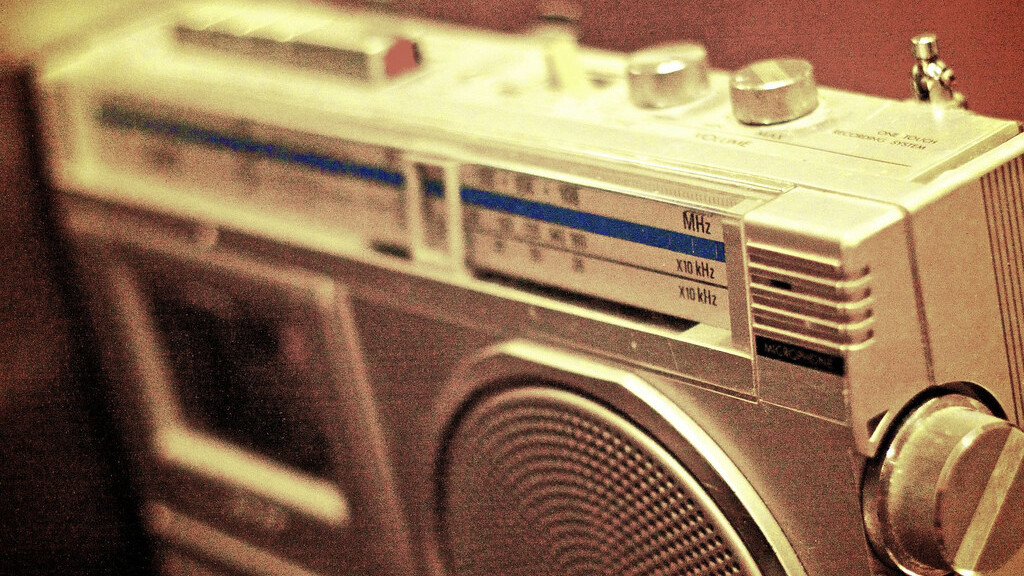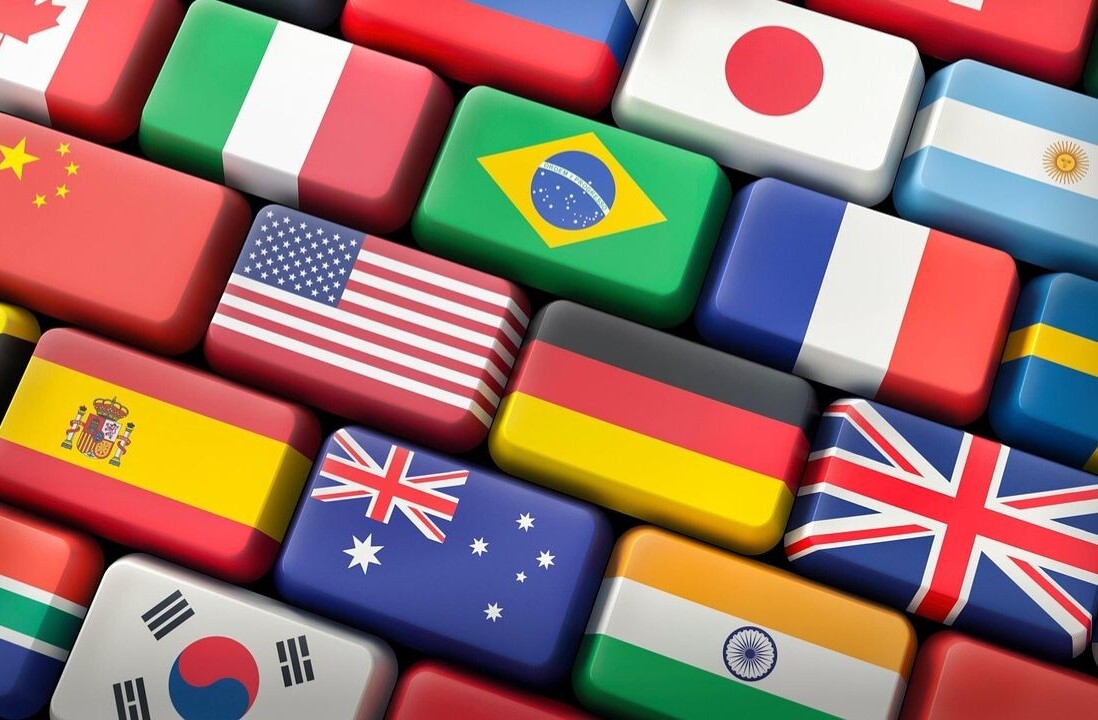
Clear Channel Media and Entertainment has closed a partnership with music label Robbins Entertainment, the media company announced today. Following the deal, it will start sharing all of its radio revenues with the label’s artists.
Radio broadcasting is one of the main activities of Clear Channel, which boasts 239 million monthly listeners in the US, where it serves 150 cities through 850 owned radio stations. It’s worth noting that it operates both offline and online. On the online side, in addition to the company’s radio station websites, it has also launched iHeartRadio, which is available as a website and via mobile apps.
What’s interesting about today’s deal is that Robbins Entertainment’s artists will now get a share of Clear Channel’s digital broadcast revenues. The company’s CEO Bob Pittman commented on the partnership:
“These kinds of market-based agreements satisfy our listeners’ love of music, increase artistic opportunity and diversity, and fuel innovation, job creation, and growth in the Internet radio sector.”
![]() Despite Clear Channel’s take on how to build a sustainable Internet radio industry, this kind of revenue share isn’t yet the rule when it comes to online radio airplay, as players are still struggling to define the appropriate level of fees that should be charged. As we reported last November, online music service Pandora has recently taken the American Society of Composers, Authors and Publishers (ASCAP) to court over “ill-suited” music licensing fees, claiming that it wasn’t offered the same terms as Clear Channel’s iHeartRadio.
Despite Clear Channel’s take on how to build a sustainable Internet radio industry, this kind of revenue share isn’t yet the rule when it comes to online radio airplay, as players are still struggling to define the appropriate level of fees that should be charged. As we reported last November, online music service Pandora has recently taken the American Society of Composers, Authors and Publishers (ASCAP) to court over “ill-suited” music licensing fees, claiming that it wasn’t offered the same terms as Clear Channel’s iHeartRadio.
On the other hand, Clear Channel has been following its plans, and closed a series of partnerships with music labels. Its agreement with Robbins Entertainment follows similar deals closed over the last few months with companies such as Big Machine Label Group, Glassnote Entertainment Group, DashGo, rpm Entertainment and Naxos.
Robbins Entertainment was founded in 1996, and specializes in dance and pop music. According to its founder, Cory Robbins, Internet radio represents an opportunity for the music sector as a whole:
“I’ve always said that the music industry needs to figure out a way to give listeners what they want. Clear Channel has always believed in playing the best music on its stations, regardless of the size of the label or the national picture, and I think Clear Channel’s strategy will help Internet radio become a viable business, encouraging its growth and enabling listeners to discover and enjoy our roster of the hottest dance artists. The growth of Internet radio will be a boon for all parties artists, labels, distributors, and fans.”
It will be interesting to see if Robbins’ prediction comes true, and what it takes from each category of players to fulfill it.
Image credit: khrawlings on Flickr
Get the TNW newsletter
Get the most important tech news in your inbox each week.




